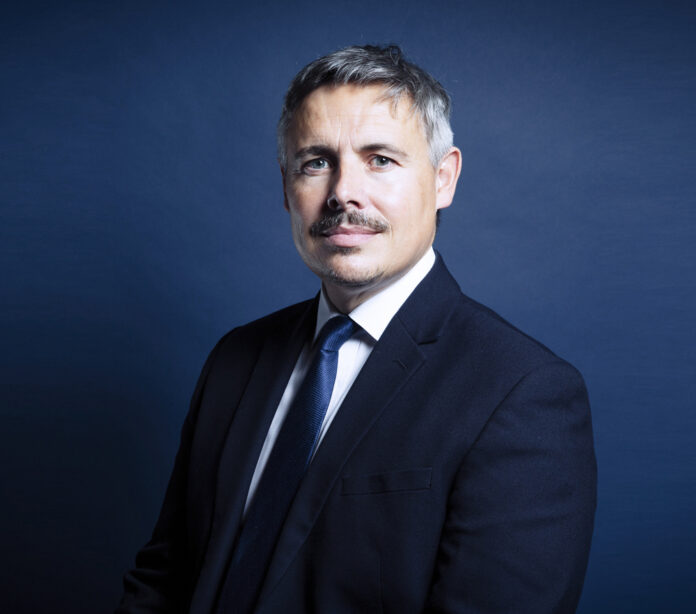Last year’s general election prevented the Justice Committee from publishing its long-awaited report into the coroner service for England and Wales.
Outgoing Chair of the Committee, Sir Robert Neill KC (Hon) MP, did however highlight some key findings, saying that the coroner service is “chronically under-resourced and underfunded.”
Other findings included:
- The Committee saw evidence of worsening delays in the completion of inquests.
- Pathology services for coroners have been neglected over many years and there is now a severe shortage.
- Coroner services should be unified into a single service for England and Wales (that recommendation having previously been made in 2021).
- An unrepresented family is at an enormous and unfair disadvantage. They should be entitled to legal advice at the expense of the state.
- There are inconsistencies and delays in how Prevention of Future Deaths (PFD) reports are made.
With delays to inquest proceedings in the coroners’ courts in England and Wales a recurrent theme for many years, members of Exchange Chambers have provided their thoughts on the way forward for the coroner service.
Exchange Chambers silk Louis Browne KC said:
“In my experience of appearing at inquests for a wide range of interested persons, including bereaved families, I am frequently struck by the wide variation in the quality of service people receive across the country. This is unacceptable. A national coroners’ service would ensure that all who participate in the inquest process, especially the bereaved would get good service wherever they live. The bereaved should be at the heart of the work that coroners do.
“It is also the case that unless families of the bereaved are afforded access to funding for representation, in the most complex inquests their ability to fully participate in the process cannot be ensured. Legal aid should be available much more widely than it presently is. Where families are unrepresented at such inquests, notwithstanding how much support they may be provided with by the coroner and others, they remain at a significant disadvantage.”
David Sandiford from Exchange Chambers also called for greater consistency across all regions.
“I wasn’t remotely surprised at the concerns raised over the strain the coronial service is under,” explained David.
“In my practice, which takes me all over the country representing private and public institutional IPs and families, I have seen at first hand both the difficulties coroners and their staff face but also the sterling work they do under intense pressure.
“At the local level we as advocates can all do our bit to assist. Yes, we represent the best interests of our clients and we will all continue to do that without fear or favour, but equally we have a duty to assist the coroner and cooperate constructively with other legal representatives be that in early advocates meetings or behind the scenes between PIRs ironing out issues.
“At the national level anything that will bring greater consistency across the regions would be welcomed. An increased Chief Coroner’s Office would certainly have its advantages as would moving away from the old triangle of responsibility to a simpler model. Greater sharing of resources would hopefully allow delays to be reduced.
“On funding, the reality is that inquests do inevitably become contentious. They often resemble mini inquiries rather that the relatively summary process they are intended to be. Families finding themselves in the middle of this do need proper funding for legal representation – and I say that from the perspective of representing both private/public institutional IPs and families.”
Added David:
“Finally, I endorse any change that provides greater funding for the CCSS. Anyone who is prepared to give their own time as a volunteer to support and guide those who find themselves in an unfamiliar environment at the most difficult of times should be applauded.”
Sharing her thoughts, Sara Sutherland from Exchange expressed concerns around delays in the inquest process.
Said Sara:
“Delays are a real issue, not only because many families cannot grieve until the inquest process is resolved but also because of the risks to others where there are important lessons to learn and steps that need to be taken to prevent it happening in the future.”
David Illingworth from Exchange Chambers believes three of the themes identified by the Justice Committee are of particular concern – fragmentation, funding and follow up.
Said David:
“Many of the concerns highlighted by the committee chair will be familiar to legal representatives practising in the coroners’ courts. They will, sadly, also ring true with many bereaved families who have gone through or are going through the inquest process.
“Each coroner’s area has its own lines of accountability – into the local authority and police who provide it with resources – and its own practices. Whilst the publication of the Chief Coroner’s Guidance is a helpful development, practice in the coroners’ courts still varies across the country. It is not easy, largely due to this fragmentation, for themes arising out of deaths to be shared easily and seamlessly with other coroner’s areas.
“Funding is a major issue because bereaved families are ineligible for legal aid other than in exceptional cases. Whilst an inquest is emphatically not an adversarial process, the committee was right to note that in contentious and complex cases a family unable to fund legal representation is at an enormous and unfair disadvantage.”
Added David:
“In terms of follow-up there is no national mechanism for tracking themes in Prevention of Future Deaths reports. Nor is there any power for coroners to hold public authorities to account if they fail to respond to a PFD report.”





